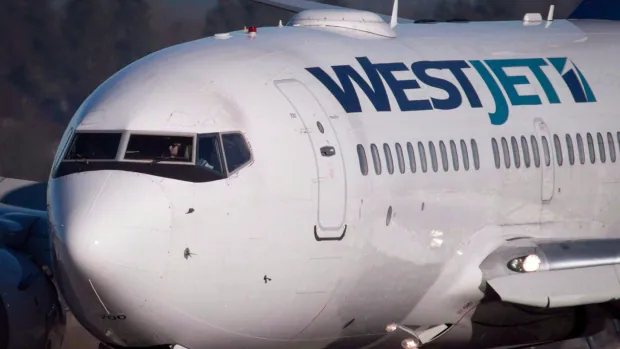
In a landmark decision, the Supreme Court of British Columbia has mandated that WestJet Airlines Ltd. disclose all records related to harassment complaints filed by flight attendants. This order is a pivotal development in an ongoing class-action lawsuit alleging that WestJet failed to uphold its contractual obligation to provide a harassment-free workplace.
Background of the Lawsuit
The lawsuit was initiated in 2016 by Mandalena Lewis, a former WestJet flight attendant. Lewis alleges that she was sexually assaulted by a pilot during a layover in Hawaii in 2010 and that WestJet failed to protect its employees from such misconduct. She claims that the airline breached its “Anti-Harassment Promise,” which is part of flight attendants’ employment contracts, by not implementing and enforcing effective anti-harassment policies.
In April 2022, the British Columbia Court of Appeal certified the case as a class-action lawsuit. This certification encompasses all current and former female flight attendants employed by WestJet between April 4, 2014, and February 28, 2021, who allege that the airline failed to maintain a harassment-free workplace.
Court’s Findings on Document Production
Justice Jacqueline Hughes, presiding over the case, criticized WestJet for its slow and “potentially adversarial” approach to producing the required documents. Despite WestJet providing 24 harassment complaint files, internal statistics indicated a significantly higher number of incidents during the specified period. For example, WestJet reported 16 harassment complaints in the last quarter of 2018 and 19 in the first quarter of 2022, though it remains unclear how many involve class members.
The court’s order, issued on December 11, 2024, requires WestJet to produce all harassment complaints made by flight attendants between April 4, 2014, and February 28, 2021, including those from class members who opted out of the lawsuit.
Scope of Document Disclosure
WestJet sought to limit the document production to complaints made by female flight attendants against male pilots. However, Justice Hughes rejected this narrow scope, ordering the airline to disclose all harassment complaints filed by flight attendants during the class period, regardless of the respondent’s role or gender. This broader scope aims to provide a comprehensive understanding of the harassment issues within the company and assess WestJet’s adherence to its anti-harassment policies.
Implications for WestJet and the Aviation Industry
This court order underscores the judiciary’s commitment to enforcing corporate accountability in maintaining safe and respectful workplaces. For WestJet, the ruling not only impacts its legal standing but also its public image, potentially influencing customer trust and employee morale.
The case also serves as a critical reminder to the aviation industry and employers at large about the importance of implementing and enforcing effective anti-harassment policies. Failure to do so can result in legal repercussions and damage to an organization’s reputation.
Next Steps in the Legal Proceedings
With the court’s directive, WestJet is obligated to produce the additional harassment complaint files within 45 days, accounting for the holiday period. The trial, initially scheduled for October 2024, has been adjourned to October 2025, partly due to delays in document production.
Conclusion
The court’s decision marks a pivotal moment in the ongoing class-action lawsuit against WestJet, emphasizing the necessity for transparency and adherence to contractual obligations concerning workplace harassment. As the case progresses, it will likely have broader implications for corporate practices and employee rights within the aviation sector and beyond.